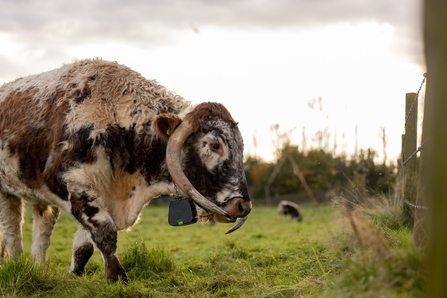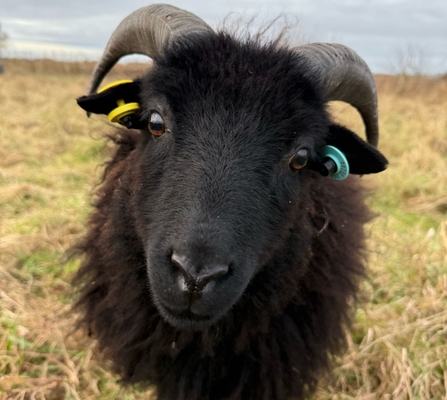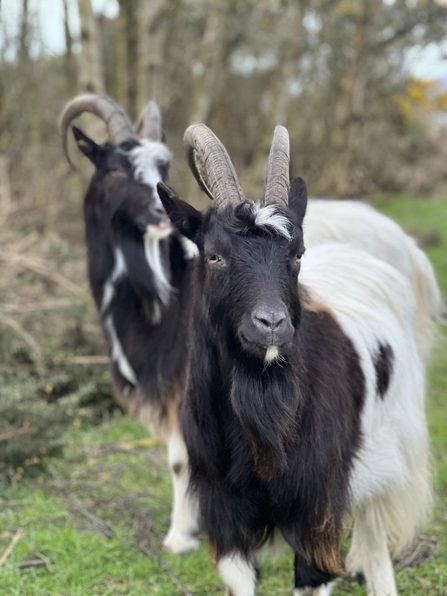What is Bluetongue?
Bluetongue is a disease that can affect ruminant animals, such as cattle, sheep and goats. It is spread by midges; if a midge bites an infected animal, it can then spread the disease to other animals by biting them.
Bluetongue has been present in the UK in the past, but a new strain of the virus, BTV3, was first detected in Europe in 2023, and was transmitted to some areas of the UK later that year. The disease is now spreading and along with many other areas, Lancashire has been placed within the Bluetongue Restricted Zone which means that there are some limits on where and how we can move our livestock, but as of today (20 May 2025) there are no suspected cases of Bluetongue within our livestock.
You can find out more about Bluetongue Restricted Zones along with live updates here.




